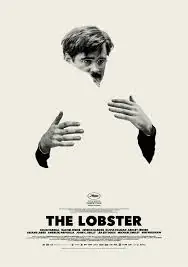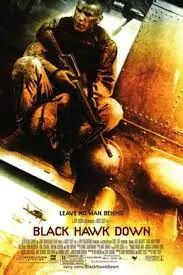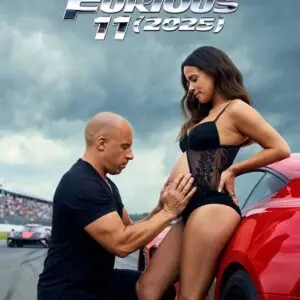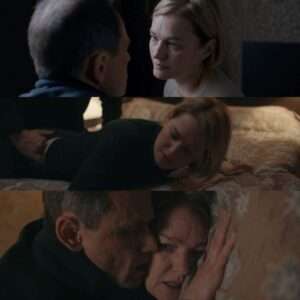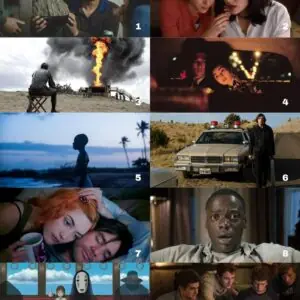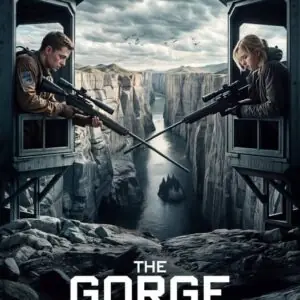“The Zone of Interest” (2023), directed by Jonathan Glazer, is a haunting exploration of the banality of evil, set against the backdrop of the Auschwitz concentration camp during World War II. Loosely based on Martin Amis’s 2014 novel, the film offers a chilling portrayal of the daily life of Rudolf Höss, the camp’s commandant, and his family, residing in a house adjacent to the camp.
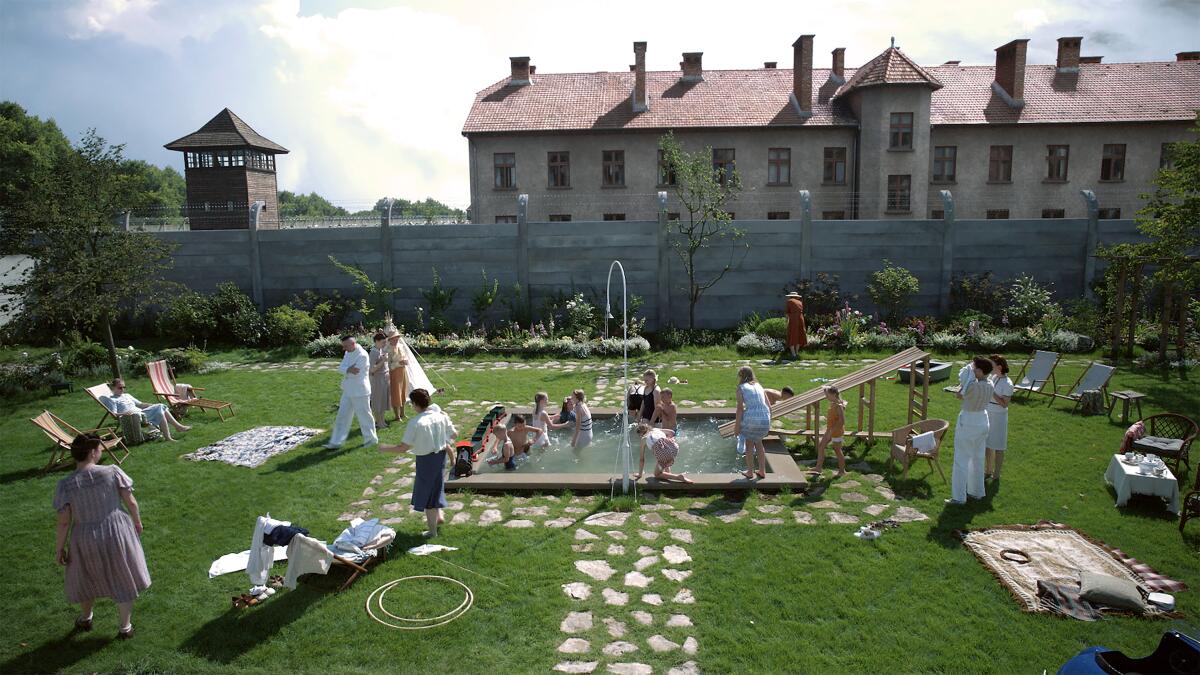
Plot Overview
The narrative unfolds in 1943, introducing viewers to Rudolf Höss (Christian Friedel), the commandant of Auschwitz, and his wife Hedwig (Sandra Hüller). The couple, along with their five children, inhabit a seemingly idyllic home surrounded by a lush garden, just beyond the camp’s imposing walls. Their life appears tranquil: picnics by the river, tending to the garden, and the children playing under the watchful eyes of their parents. However, this domestic serenity is juxtaposed with the horrifying realities just beyond their doorstep.
The film meticulously crafts a facade of normalcy. Hedwig engages in social gatherings with fellow officers’ wives, discussing trivial matters and showcasing the dissonance between their conversations and the atrocities occurring nearby. The children, oblivious to the grim activities surrounding them, indulge in innocent games, occasionally mimicking the grim sounds they hear, such as the “gassing” noises during play. This unsettling mimicry underscores the pervasive nature of their environment.
The narrative subtly reveals the family’s awareness, or lack thereof, of the horrors next door. Hedwig’s mother, upon visiting, is disturbed by the ominous smoke rising from the camp’s chimneys but chooses to overlook it, focusing instead on the family’s material comforts. This willful ignorance highlights the human capacity to compartmentalize and ignore inconvenient truths.
As the story progresses, the family’s idyllic life begins to show cracks. Rudolf’s involvement in the logistics of mass murder becomes more pronounced, leading to internal conflicts and moments of doubt. Yet, these moments are fleeting, overshadowed by the family’s relentless pursuit of normalcy amidst the surrounding chaos.
Character Dynamics
- Rudolf Höss (Christian Friedel): Portrayed as a dutiful officer, Rudolf embodies the chilling normalcy of evil. His commitment to his family contrasts sharply with his role in orchestrating mass atrocities, illustrating the complex duality of human nature.
- Hedwig Höss (Sandra Hüller): Hedwig’s character is a study in denial and privilege. Her focus on domestic bliss and social status serves as a coping mechanism, allowing her to sidestep the grim realities of her husband’s profession.
- The Children: Their innocent mimicry of camp sounds and their obliviousness to the true nature of their surroundings serve as a poignant reminder of the impact of environment on upbringing and perception.

Production and Reception
Filmed on location near the actual Auschwitz site, “The Zone of Interest” offers an authentic yet restrained portrayal of its setting. Glazer’s decision to focus on the family’s perspective provides a fresh lens through which to understand the Holocaust’s impact on ordinary lives.
The film received widespread critical acclaim for its nuanced storytelling and powerful performances. It was lauded for its restraint, choosing to suggest horrors rather than depict them explicitly, thereby engaging the audience’s imagination. This approach was praised for its effectiveness in conveying the film’s themes without gratuitous imagery.
At the 96th Academy Awards, “The Zone of Interest” secured two Oscars: Best International Feature and Best Sound, marking a significant achievement for a non-English British film. It also garnered nominations for Best Picture and Best Adapted Screenplay, underscoring its impact on the global cinematic landscape.
Themes and Messages
- The Banality of Evil: The film delves into how ordinary individuals can become complicit in extraordinary atrocities through indifference and normalization. It challenges viewers to reflect on their own potential for complacency.
- Denial and Compartmentalization: By showcasing the family’s deliberate ignorance of the camp’s activities, the film prompts discussions about cognitive dissonance and the lengths individuals go to preserve their worldview.
- Innocence Amidst Atrocity: The children’s interactions highlight the loss of innocence in a corrupted environment, emphasizing the long-term psychological impacts of exposure to violence and hate.
Conclusion
“The Zone of Interest” stands as a testament to the power of subtle storytelling. By focusing on the personal lives of those connected to one of history’s darkest chapters, it offers a profound commentary on human nature, morality, and the ease with which society can slip into complicity. Glazer’s direction, combined with stellar performances, ensures that the film remains a poignant and thought-provoking experience, encouraging viewers to confront uncomfortable truths about the past and their relevance to the present.
For a deeper understanding of the film’s sound design, you might find this video insightful:
